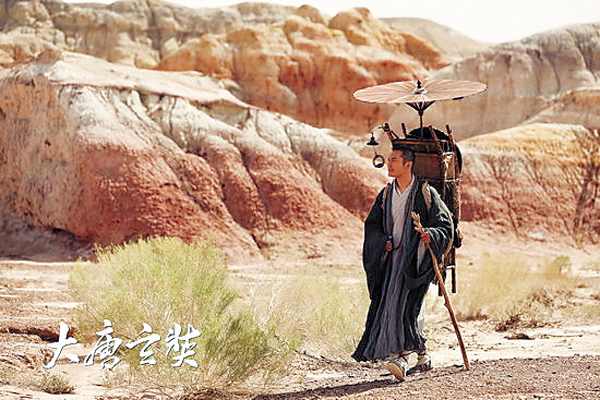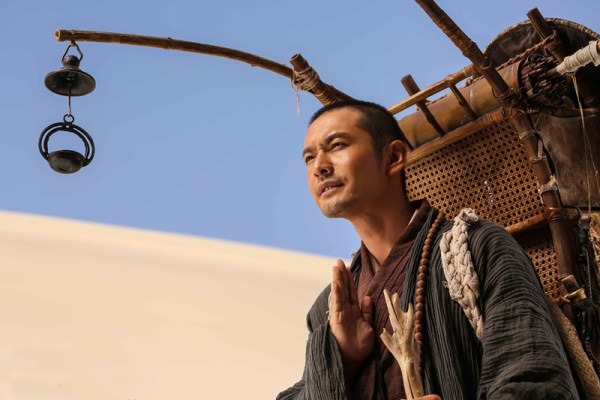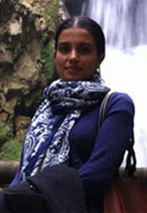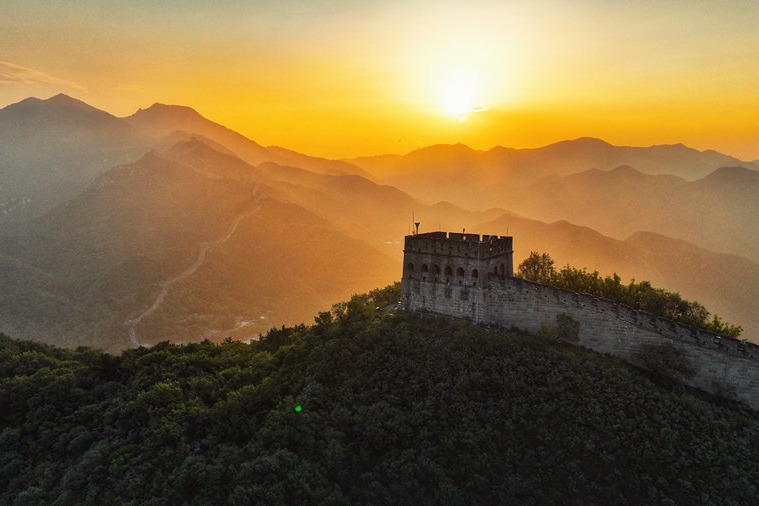Bit of India in China's Oscar choice
中国日报网 2016-11-03 16:17


Writer: Satarupa Bhattacharjya
Two things of relevance to China and India happened this month.
The eighth BRICS summit was held over Oct 15-16 in India, where President Xi Jinping met Indian Prime Minister Narendra Modi, and the other leaders of the grouping - Vladimir Putin, Jacob Zuma and Michel Temer, in the seaside province of Goa. The meetings were extensively covered in media.
So, I'm moving to the next.
A week prior to BRICS, China announced Xuanzang as its Oscar entry in the best foreign film category. The film is based on Chinese monk Hiuen Tsang's 17-year overland travels to India in search of Buddhist sutras. Released in April, it was jointly produced by State-owned China Film Group Corporation and private Indian company Eros International.
Chinese media estimated the film earned $4.9 million or so in the country. I saw the posters at a bus stop down the road from where I live in Beijing. Friends said they saw more. The box-office expectations were perhaps higher also because Huang Xiaoming played the lead role. The Chinese TV and film actor has a large fan following in the country. His popularity has soared since he married model-actress-singer Angelababy (real name Yang Ying) last year.

But whether Xuanzang wins the award next year or not, it is the firstborn of a cinematic agreement between the two countries in 2014.
There's been little evidence of such cooperation in the past. Even the celebrated Hong Kong-based filmmaker Wong Kar-wai put his weight behind the film.
I asked Tan Fei, the president of Eracme Culture & Media Co Ltd, a company in Beijing that makes films and TV series, for his thoughts on Xuanzang.
"It symbolizes not only film links but also the historical origins of the two countries," he said.
The monk, who was born in Shaanxi province when Chang'an (present-day Xi'an) was the capital of imperial China, later wrote about his 7th-century trips to India in Great Tang Records on the Western Regions, which historians think formed the basis of the Chinese classic Journey to the West.
The film was probably chosen for the Oscars because of its "historical significance" in the light of the Belt and Road Initiative, Tan said of China's transnational economic vision.
The film was shot in the provinces of Bihar, Maharashtra and Karnataka in India, and in Xinjiang, Tibet and Gansu in China, the director Huo Jianqi told an Indian newspaper earlier. Among members of the cast, Indian actor Sonu Sood played Harshavardhana, an emperor in northern India at the time of Hiuen Tsang's visits.
The next coproduction is Kung Fu Yoga, starring Jackie Chan as "Chinese archeology professor Jack who teams up with beautiful Indian professor Ashmita and assistant Kyra to locate lost Magadha treasure(s)", according to the Amazon-owned IMBd. Magadha was a powerful kingdom in ancient India.

The film in expected to be released next year.
(编辑:董静)
Broadcaster

Satarupa Bhattacharjya is a senior editor at China Daily. A longtime news reporter in India and Sri Lanka, she now writes stories of transition in China, mostly in the smaller towns.

















 英语点津微信
英语点津微信 双语小程序
双语小程序